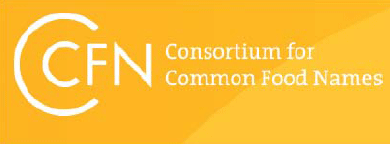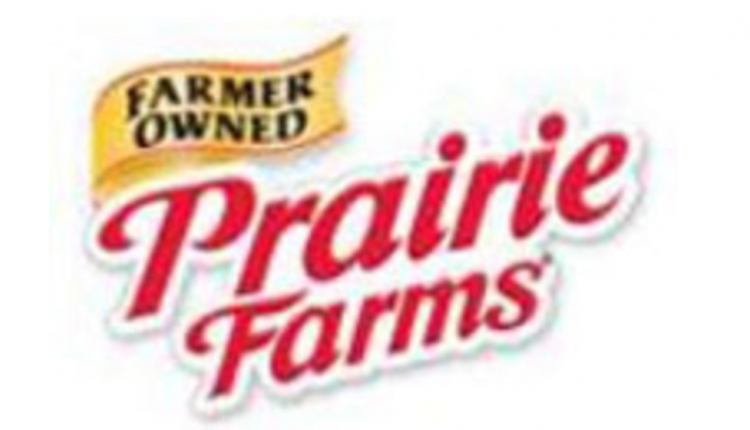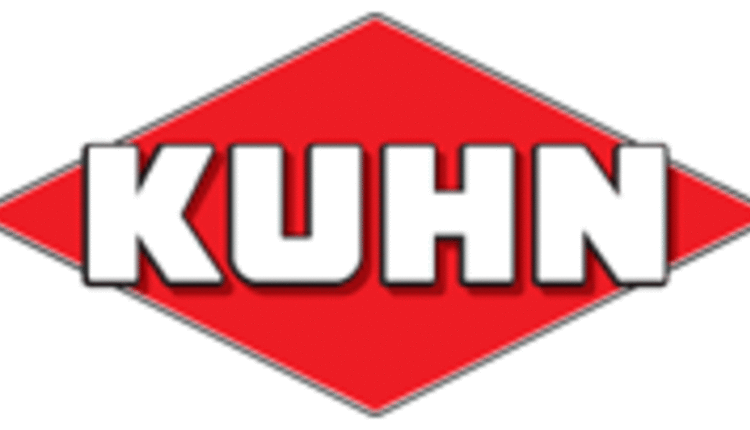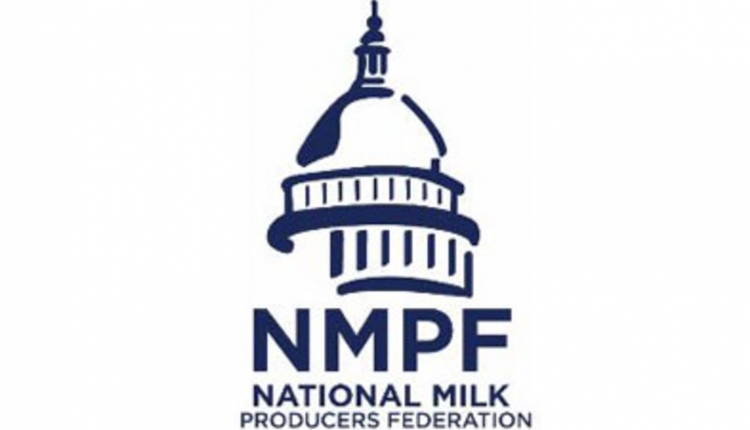The information below has been supplied by dairy marketers and other industry organizations. It has not been edited, verified or endorsed by Hoard’s Dairyman. 
Specifically, CCFN highlighted a number of common names that Mercosur nations risk giving away to the EU as part of its current trade negotiations: asiago, black forest ham, bologna, brie, camembert, chorizo, edam, emmental, feta, fontina, gorgonzola, gouda, grana, gruyere, manchego, mozzarella, mortadella, parmesan, pecorino, prosciutto, provolone, romano, pancetta and salami. CCFN also objects to EU efforts to claim sole ownership of common wine terms such as sherry, chablis and port.
"We oppose any new restrictions, including GI registrations, on the use of [these] commonly used terms of importance to Mercosur's trading partners and domestic food industry," the letter states, describing the "colonial-like dominance" the EU is attempting to exert in pushing for these economic restrictions that short-change local producers and consumers. At the same time, CCFN notes, the EU is denying New World countries access to the EU market for foods that carry internationally recognized generic names, such as "parmesan" and "feta".
CCFN does not oppose the EU's protection of legitimate compound terms like "Mortadella Bologna", "Mozzarella Di Bufala Campana" and "Prosciutto Toscano", the letter states. However, restrictions on the use of common names, such as "bologna", would "clearly constitute defacto nontariff barriers to trade and as such be entirely incompatible with the existing World Trade Organization (WTO) commitments of Argentina, Brazil, Paraguay and Uruguay."
"A decision to impose a blockade on common name products from the United States, Australia, New Zealand and other Mercosur trading partners will not be taken lightly, particularly given the current focus on holding countries to account for trade violations," the letter states.
"Food terms that have entered into widespread usage around the world should continue to be permitted to be used by a variety of companies, including those that built and served those markets, rather than being allowed to be stolen by a narrow set of suppliers from one region (i.e., the EU)," CCFN notes.
"The GI systems in Mercosur countries can offer protection to unique terms while simultaneously providing the opportunity for continued robust competition among products widely produced around the world."

Argentina, Brazil, Uruguay and Paraguay must protect the interests of their local food producers and respect current international standards by rebuffing European Union (EU) efforts to confiscate common food and beverage names. This was the message sent to the Mercosur nations yesterday by the Consortium for Common Food Names (CCFN), which has been sounding the alarm this year to governments from China and Japan to Mexico - and now in South America - about the EU's recent, systematic attempts to abuse geographical indications (GIs) protections. CCFN filed its letter as part of a brief comment period provided during the course of the EU-Mercosur negotiations.
Specifically, CCFN highlighted a number of common names that Mercosur nations risk giving away to the EU as part of its current trade negotiations: asiago, black forest ham, bologna, brie, camembert, chorizo, edam, emmental, feta, fontina, gorgonzola, gouda, grana, gruyere, manchego, mozzarella, mortadella, parmesan, pecorino, prosciutto, provolone, romano, pancetta and salami. CCFN also objects to EU efforts to claim sole ownership of common wine terms such as sherry, chablis and port.
"We oppose any new restrictions, including GI registrations, on the use of [these] commonly used terms of importance to Mercosur's trading partners and domestic food industry," the letter states, describing the "colonial-like dominance" the EU is attempting to exert in pushing for these economic restrictions that short-change local producers and consumers. At the same time, CCFN notes, the EU is denying New World countries access to the EU market for foods that carry internationally recognized generic names, such as "parmesan" and "feta".
CCFN does not oppose the EU's protection of legitimate compound terms like "Mortadella Bologna", "Mozzarella Di Bufala Campana" and "Prosciutto Toscano", the letter states. However, restrictions on the use of common names, such as "bologna", would "clearly constitute defacto nontariff barriers to trade and as such be entirely incompatible with the existing World Trade Organization (WTO) commitments of Argentina, Brazil, Paraguay and Uruguay."
"A decision to impose a blockade on common name products from the United States, Australia, New Zealand and other Mercosur trading partners will not be taken lightly, particularly given the current focus on holding countries to account for trade violations," the letter states.
"Food terms that have entered into widespread usage around the world should continue to be permitted to be used by a variety of companies, including those that built and served those markets, rather than being allowed to be stolen by a narrow set of suppliers from one region (i.e., the EU)," CCFN notes.
"The GI systems in Mercosur countries can offer protection to unique terms while simultaneously providing the opportunity for continued robust competition among products widely produced around the world."
About CCFN
The Consortium for Common Food Names (CCFN) is an independent, international non-profit alliance whose goal is to work with leaders in agriculture, trade and intellectual property rights to foster the adoption of high standards and model geographical indication guidelines throughout the world. Those interested in joining can find information at www.CommonFoodNames.com.


